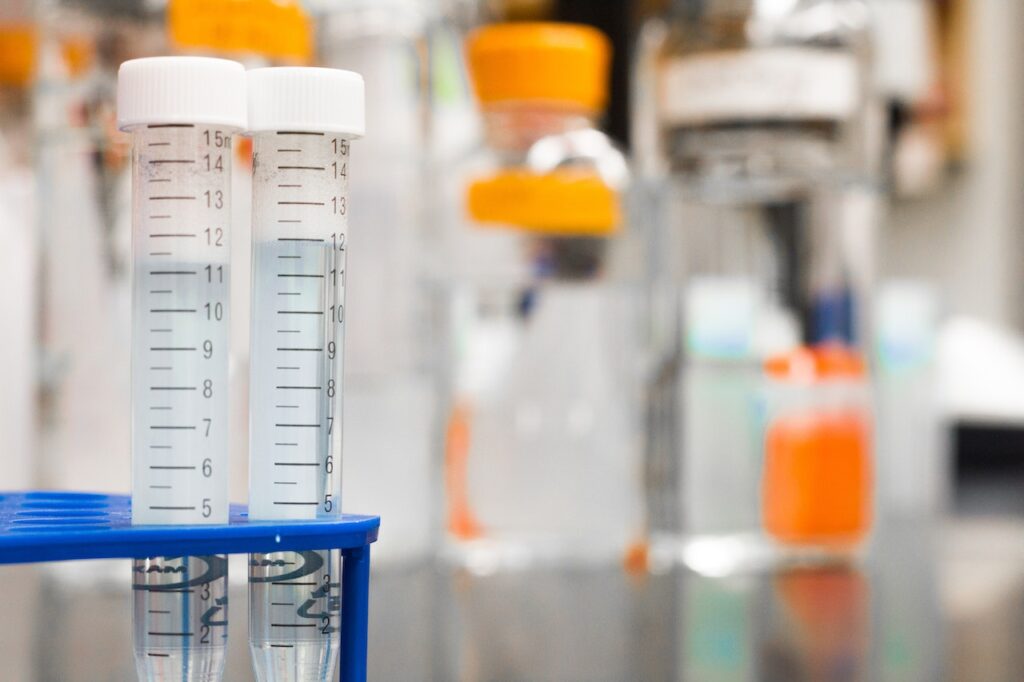The history of chemistry can be traced back as far as ancient times, when people first began experimenting with various substances and materials to create useful items. Ancient civilizations such as the Egyptians, Babylonians, Chinese, and Greeks had an understanding of basic chemical processes. In particular, the Arabs made great contributions to the field of alchemy, which combined elements from philosophy and science to study the transformation of matter.
The beginning of chemistry
A modern science can be credited to the works of Robert Boyle and Antoine Lavoisier in the late 17th century. Boyle is often referred to as the “father of modern chemistry” for his groundbreaking ideas about atoms, molecules, and chemical reactions. Lavoisier’s famous book “Elements of Chemistry,” which laid out the foundations for modern chemistry, is also considered one of the most important works in the field. In the 19th century, other famous chemists like Jöns Jacob Berzelius and Humphry Davy made important discoveries about elements and compounds which set the stage for even more advances in chemistry.
Ancient history of chemistry
Since then, chemistry has seen a rapid expansion in understanding and applications. Important people in the history of chemistry include Marie Curie, who discovered radium and polonium; Edward Frankland, who identified valence electrons; Fritz Haber, father of modern fertilizer production; and Robert Bunsen, creator of the Bunsen burner. These figures and many others have contributed to the development of modern chemistry.
Today, chemistry is part of everyday life, from household cleaning products to medicines and industrial processes. Chemistry continues to advance with new discoveries in fields such as nanotechnology, materials science, environmental science, and biochemistry. It remains an important field for understanding the world around us, and for developing new materials and products.
Important people in chemistry history
Many of the most influential chemists have been responsible for key advances in chemistry, including:
– Antoine Lavoisier (1743-1794): “Father of Modern Chemistry” who introduced the concept of elements and defined the law of conservation of mass.
– Robert Boyle (1627–1691): Considered to be the father of modern chemistry for his groundbreaking ideas about atoms, molecules, and chemical reactions.
– Marie Curie (1867–1934): Discovered radium and polonium and pioneered research in radioactivity.
– Jöns Jacob Berzelius (1779–1848): A Swedish chemist who developed a system to classify elements and compounds still used today.
– Humphry Davy (1778–1829): Discovered the chemical elements calcium, sodium, potassium and barium.
– Fritz Haber (1868–1934): Developed a process to synthesize ammonia from nitrogen and hydrogen gases.
– Robert Bunsen (1811–1899): Created the Bunsen burner, still used in chemistry labs today.
– Edward Frankland (1825-1899): Identified valence electrons, which helped to explain the behavior of chemical substances.
These pioneers and many others have made great contributions to the field of chemistry since its beginnings in ancient times. Their discoveries have made it possible to understand and manipulate the chemical elements, which has in turn allowed us to create new materials and products that have changed the world. Chemistry remains an important field for understanding our environment and developing innovative solutions for a wide range of problems.
History of modern chemistry
Today, chemistry is used to understand and manipulate the chemical elements on a macroscopic and microscopic level, opening up possibilities for all sorts of applications. From household cleaning products to medicines and industrial processes, chemistry has been essential in advancing our understanding of the world around us.
Recent advances in areas such as nanotechnology, materials science, environmental science, and biochemistry have opened up new possibilities for solutions to problems such as climate change, energy production, health care, and more. Chemistry is an ever-evolving field with potential to shape the future in ways we can only imagine.
It is clear that a look into the history of chemistry reveals how far it has come, and how much it has contributed to the progress of humankind. Chemistry remains an exciting field for today’s scientists and engineers, with endless possibilities for discovery and innovation. With continued research and exploration, we can look forward to even more advances in chemistry that will shape our future.
